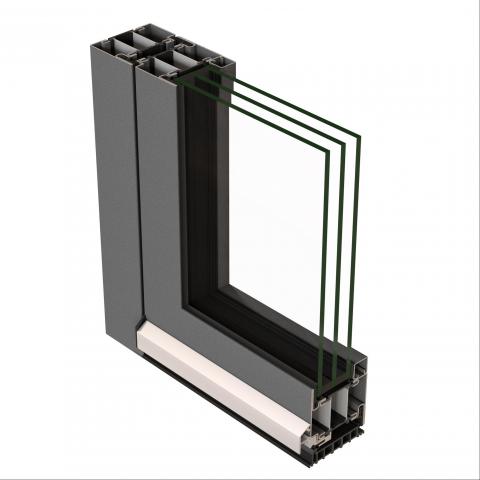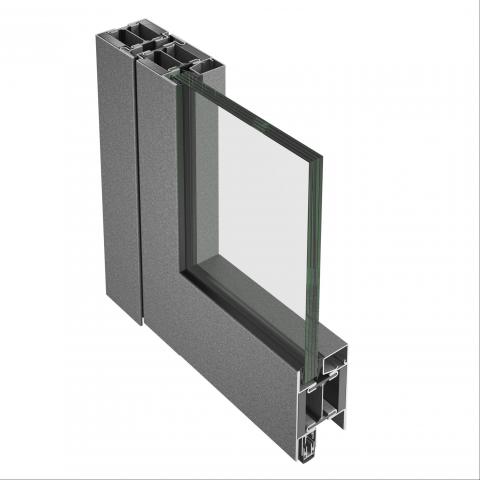





















EN 1627 Pedestrian Door Sets, Windows and Shutters - Burglar Resistance
According to this standard, there are classes from RC1 to RC6. These classes are determined by the resistance of the product to being forced by certain tools for certain periods of time.
For example, what does RC3 mean?
RC3 indicates that an experienced burglar will not be able to overcome the security barrier with stronger tools such as a crowbar or screwdriver within a maximum of 5 minutes of active attack time.
RC3 class is generally used in places requiring medium level security (e.g. detached houses, small offices, apartment entrance doors).
Summary table of RC (Resistance Class) classes according to EN 1627 standard:
|
Class |
Intruder Profile |
Tools Used |
Active Attack Time |
Typical Application Examples |
|---|---|---|---|---|
|
RC1 |
Inexperienced, opportunistic |
Physical force (kicks, shoulder, pushing) |
0 minutes (only force) |
Low-risk areas, interior doors |
|
RC2 |
Basic tool user |
Screwdrivers, pliers, small hand tools |
3 minutes |
Apartment doors, balcony doors |
|
RC3 |
Experienced intruder |
Crowbar, full screwdriver set |
5 minutes |
Detached houses, small offices |
|
RC4 |
Professional burglar |
Axe, chisel, cordless drill |
10 minutes |
Banks, laboratories, high-end residences |
|
RC5 |
Skilled, determined attacker |
Powerful electric tools (drill, jigsaw, etc.) |
15 minutes |
Military sites, high-security areas |
|
RC6 |
Highly organized, expert attacker |
High-performance electric tools |
20 minutes |
Critical infrastructure, government buildings |










